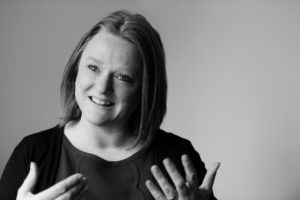Aiming High
 Written by: Anita Grover
Written by: Anita Grover
I lost my hearing progressively from early childhood. I went through school and University with a severe hearing loss and learnt to rely on lip-reading. I had no hearing aids, despite the loss. Fortunately, I had decent access to low-frequency sounds in my very early years which enabled my speech to develop but I didn’t know just how much I was missing out, the impact it would have or the challenges that I would face.
My hearing deteriorated further in my early twenties. It became hard to participate and I felt increasingly isolated and dependent on friends and family in many social situations. Above all, I became very aware that people had different expectations for me because I was deaf. However, I didn’t see myself, or my capabilities as any different from my hearing friends and colleagues.
I regularly met people who were surprised that I could do my job as a communications specialist in the UK Government because I was deaf. I used to get angry when people spoke to me very slowly and condescendingly or shouted in a loud voice to get my attention and when they questioned the contribution that I might be able to make in a meeting. But I never let this stop me from aiming high and believing that I had as much right to be in a meeting or social situation and to be treated equally.
I came to realise over time that people usually want to do the right thing but often don’t know what that is until you tell them. I developed a quick “personal, two-sentence narrative” to explain to people when I met them for the first time that I was deaf and relied on lip-reading but that people didn’t need to do anything different other than to make sure they were looking at me. I explained that they didn’t need to shout or slow down. I became more confident in using this narrative and it helped even more than I could have imagined. Legitimising people’s fear of getting it wrong is really crucial, particularly when everyone’s needs are quite different. I’ve learnt to accept that most people genuinely want to get it right and taking a different approach was really important.
I was fortunate throughout my career to lead communications on the UK Government’s disability, employment and poverty agendas, working with a succession of Cabinet ministers, business leaders and not-for-profit organisations. I was also fortunate to have excellent support from colleagues and from speech-to-text reporters, made possible by the UK Government’s Access to Work scheme.
In 2006, I had surgery for a cochlear implant. I resisted the whole idea at first and thought I didn’t need one, despite the advice of my ENT consultant. But I became convinced after meeting others who had been in the same position, all of whom had very different experiences. I learnt valuable lessons about the need to put in the work required to understand the sounds the implant would be giving me. When I was first ‘switched on’ after surgery, I couldn’t tell the difference between someone speaking and a jumbo jet. I still vividly remember the early days after my surgery. I wondered if I had done the right thing. It was hard to put myself in the position of re-learning sound, pretty much from scratch. It wasn’t easy learning to detect sounds; to discriminate them and to make sense of them. My listening brain had had so little input for so long but thanks to the support of my friends, family, colleagues and specialist team, I persevered. I heard sounds that I had never heard before – birdsong, running water, ambulance sirens as well as my young twins saying their first words. I was able to enjoy music again, hear myself speak and was able to participate fully in conversations. I still use my lip-reading to support what I am hearing but the difference to my life and the life of my family is hard to put into words.
My cochlear implant has enabled me to be confident at work, to engage with people at every level of organisations and to progress in my career. It also enabled me to be confident in pursuing a new opportunity which I took up six years ago, becoming the Chief Executive of Auditory Verbal UK, a charity that supports the families of babies and young children with hearing loss.
Auditory Verbal UK’s specialist team works with families across the United Kingdom who want their child to develop spoken language. We support parents and carers and equip them with the strategies to develop their child’s listening, talking, thinking and social skills. We are also supporting health and education practitioners wishing to become Listening and Spoken Language (LSL) specialists around the world through our training programme accredited by the Alexander Graham Bell Academy. I am very proud to lead a fantastic team and to be working alongside organisations worldwide to challenge perceptions of what children with hearing loss can achieve.
Every day, I see how these children are getting an equal start at school because of family-centred support in the critical first few years of their lives. With advances in technology, understanding of how language develops and more specialist practitioners delivering family centred early intervention, their journey will be quite different to mine. These children are chatting on the phone with friends, learning other languages, achieving excellent grades in literacy and numeracy and participating fully in their education, social and family lives. One boy summed this up by saying: “When I grow up, I know I can do anything.”
It gives me great pleasure to see them thrive, to be confident at school and to know that their hearing loss, like mine, is not a barrier to achieving. To know that they can have the same opportunities in life as their hearing friends and to know that they will always aim high.
Anita Grover
London, UK
To learn more about communication options, hearing technology, and more, visit AG Bell’s website.
